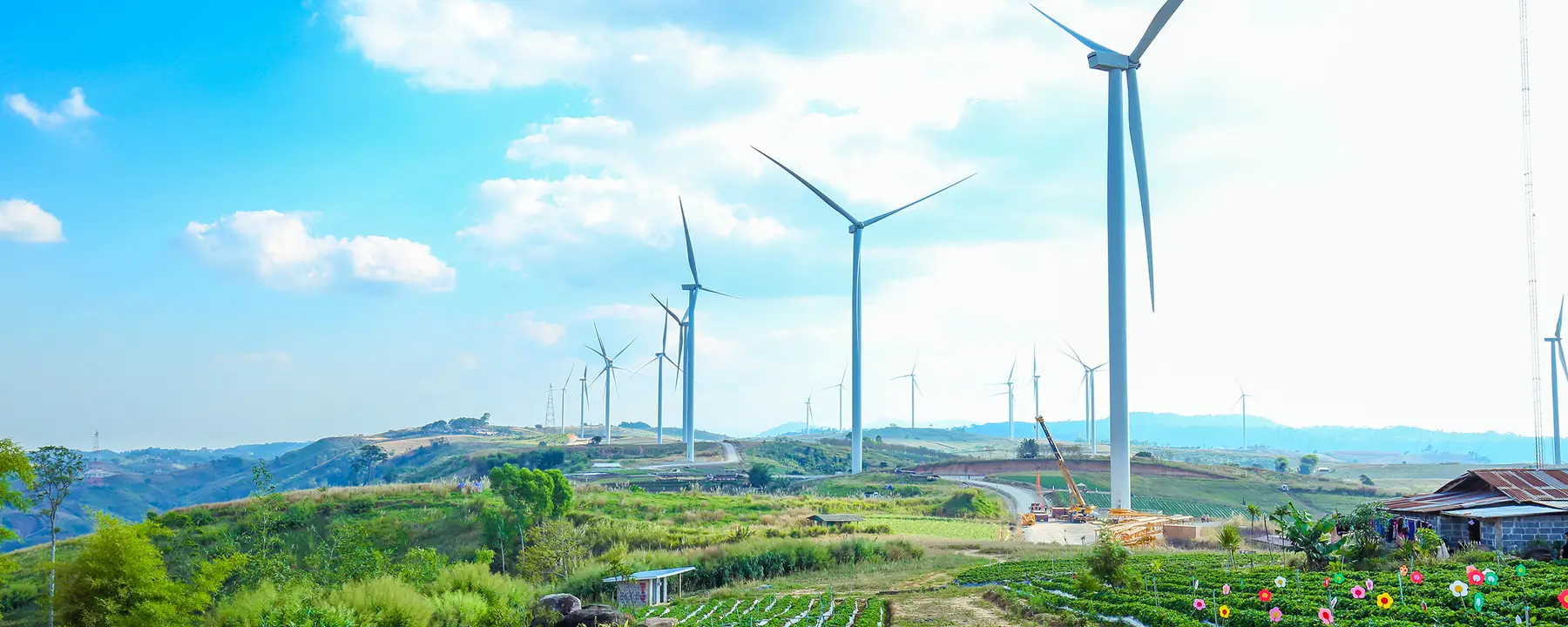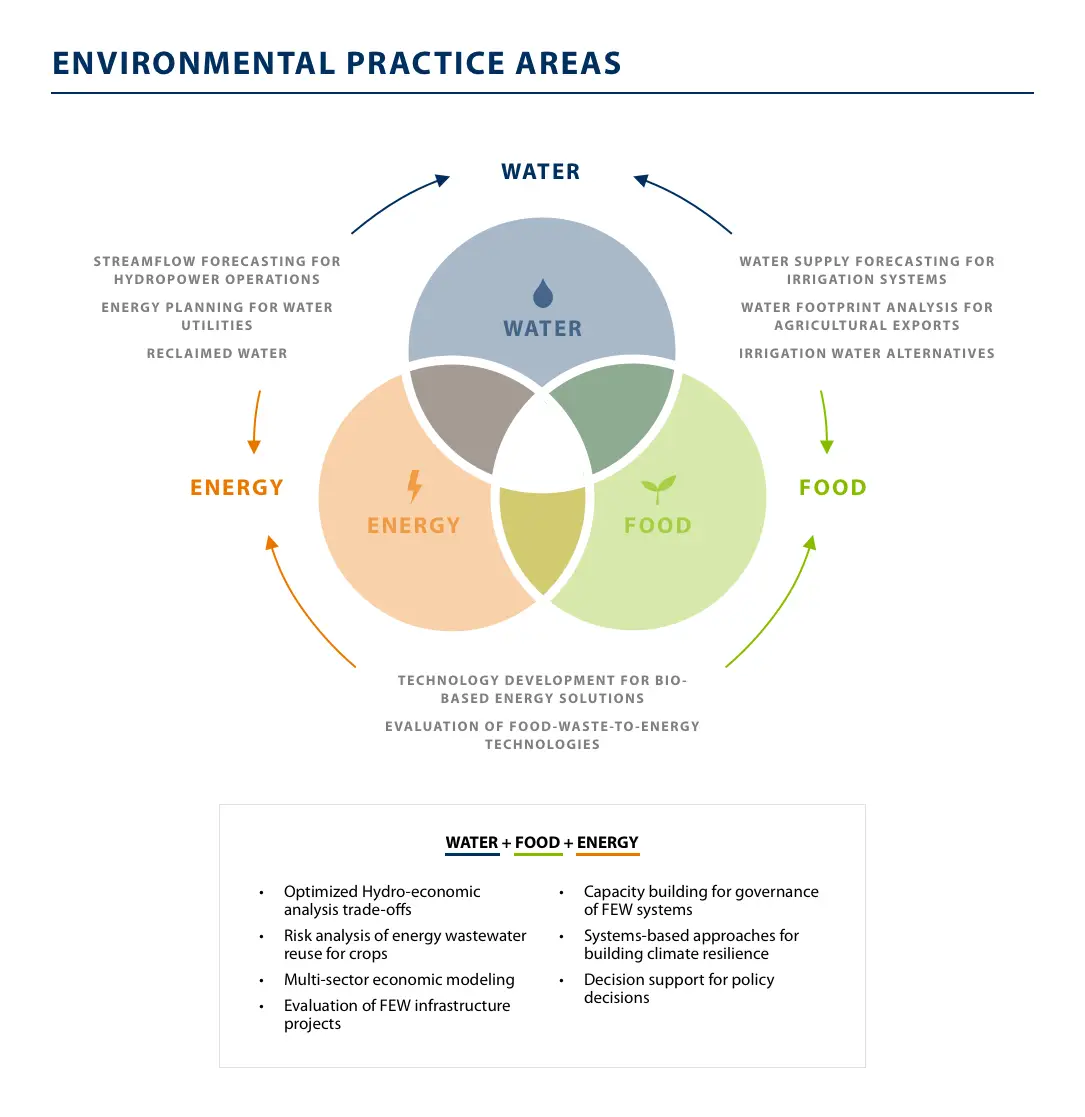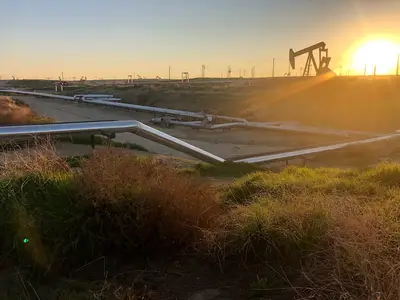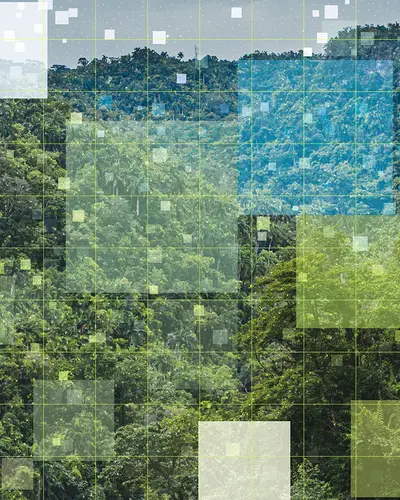Delivering solutions providing access to sufficient, safe, and sustainable food, energy, and water
The Nexus
We need water and energy to grow food; food, waste, and water are used to produce energy; and we require energy to process and supply clean water and safe foods. This highly interconnected relationship is known as the food, energy, and water nexus, or the FEW nexus. This term is broadly accepted as an integrated way to address the safety and sustainability of the natural resources that are critical to our survival.
Our rapidly growing and urbanizing world is pushing FEW availability and quality to the brink. The world population is projected to grow from 7.5 billion to 11.2 billion by 2100 and from approximately half to two/thirds urban by 2050. This scale of population growth and urbanization changes not only the natural and built environment, but also the socioeconomic and political governance landscape. Shifting weather patterns further exacerbate natural resource challenges: as droughts, heat, and floods become more frequent and severe, natural resource requirements will change by region, and access and safety of those resources also changes.
While we rely on natural and human-made systems together, traditionally, research and decision-making processes focus on one lens at a time. To truly plan for resiliency across FEW systems, we must concurrently address unique natural resource management and environmental health challenges that vary spatially and temporally. The goal of FEW nexus research is to use integrated, cross-disciplinary approaches to support more informed decision-making, improve natural resource management, advance environmental health outcomes, and build a more resilient and sustainable future.
We leverage our integrated technical subject matter expertise with innovative technical skills to conduct research that supports evidence-based decision-making. We work collaboratively with subject matter experts in environmental economics, natural resource management, environmental health, environmental science, water resources, food safety, food security, international resource governance, energy technology, environmental engineering, water treatment, and analytical chemistry. Our interdisciplinary experts also have a broad understanding of the juxtaposition between environmental health and natural resource challenges, as well as individual aspects of the nexus, as shown in Figure 1.
Figure 1
We also have substantial expertise on individual aspects of the nexus, including food safety, food security, water resources, water quality, disaster preparedness, and energy. Overall, Our work integrates our vast cross-disciplinary pool of expertise and capabilities to help governments, non-governmental organizations, companies, utilities, researchers, and other stakeholders in building resilience in the FEW nexus.
Expertise
Developing a comprehensive understanding of the important connections between food, energy, and water requires a “systems-based” approach for more informed decision-making and well-planned solutions that account for rapidly changing conditions in climate, markets, policies, regulations, technologies, and resource availability. These approaches are designed to identify and take full advantage of synergies that exist between FEW systems. At the same time, they are designed to anticipate and manage the inevitable trade-offs that arise between them.
We apply systems-based approaches and data-driven evidence-based analyses to evaluate the environmental, economic, and societal impacts of natural resource quality, quantity, and policies. Our goal is for our research to provide greater understanding to FEW nexus issues and their relationship to sustainable human population growth—locally, nationally, and globally. Effective, localized solutions to specific FEW concerns can alleviate global pressures of environmental changes, population growth, economic uncertainty, and geopolitical instability. Our research below provides illustrative examples for managing both the quantity and quality of natural resources conjunctively and resiliently.
Related Projects
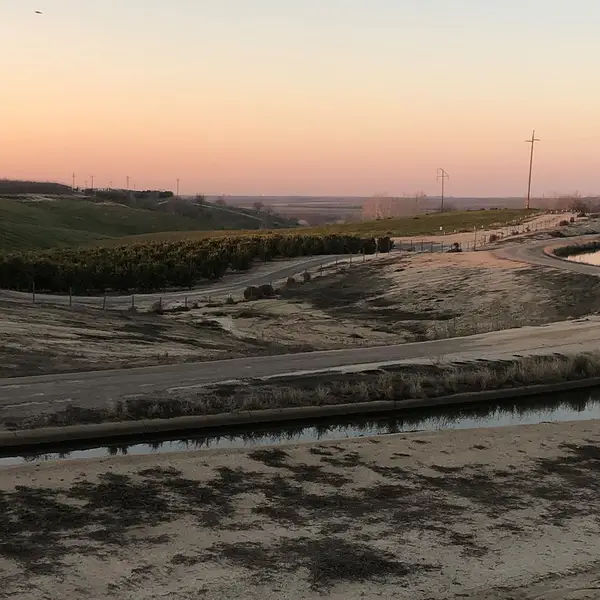
Oilfield-Produced Water: An Alternative Source for Crop Irrigation
Read More about Oilfield-Produced Water: An Alternative Source for Crop Irrigation
